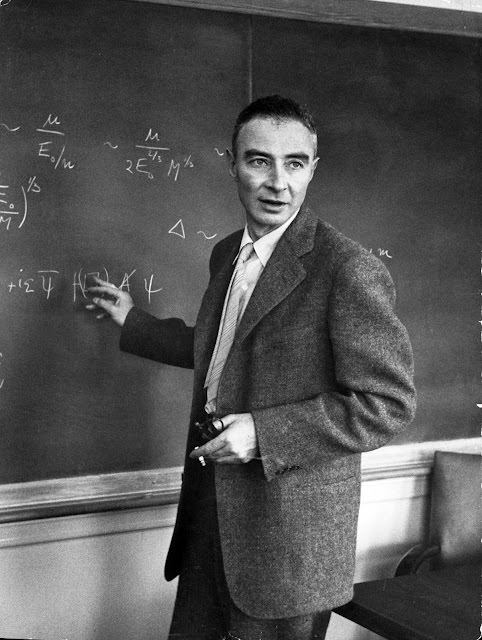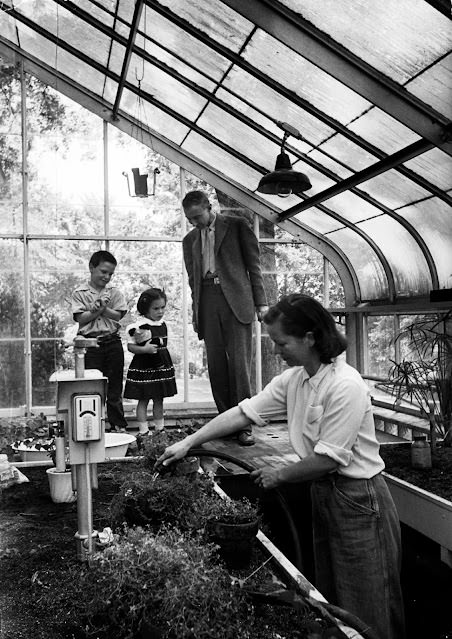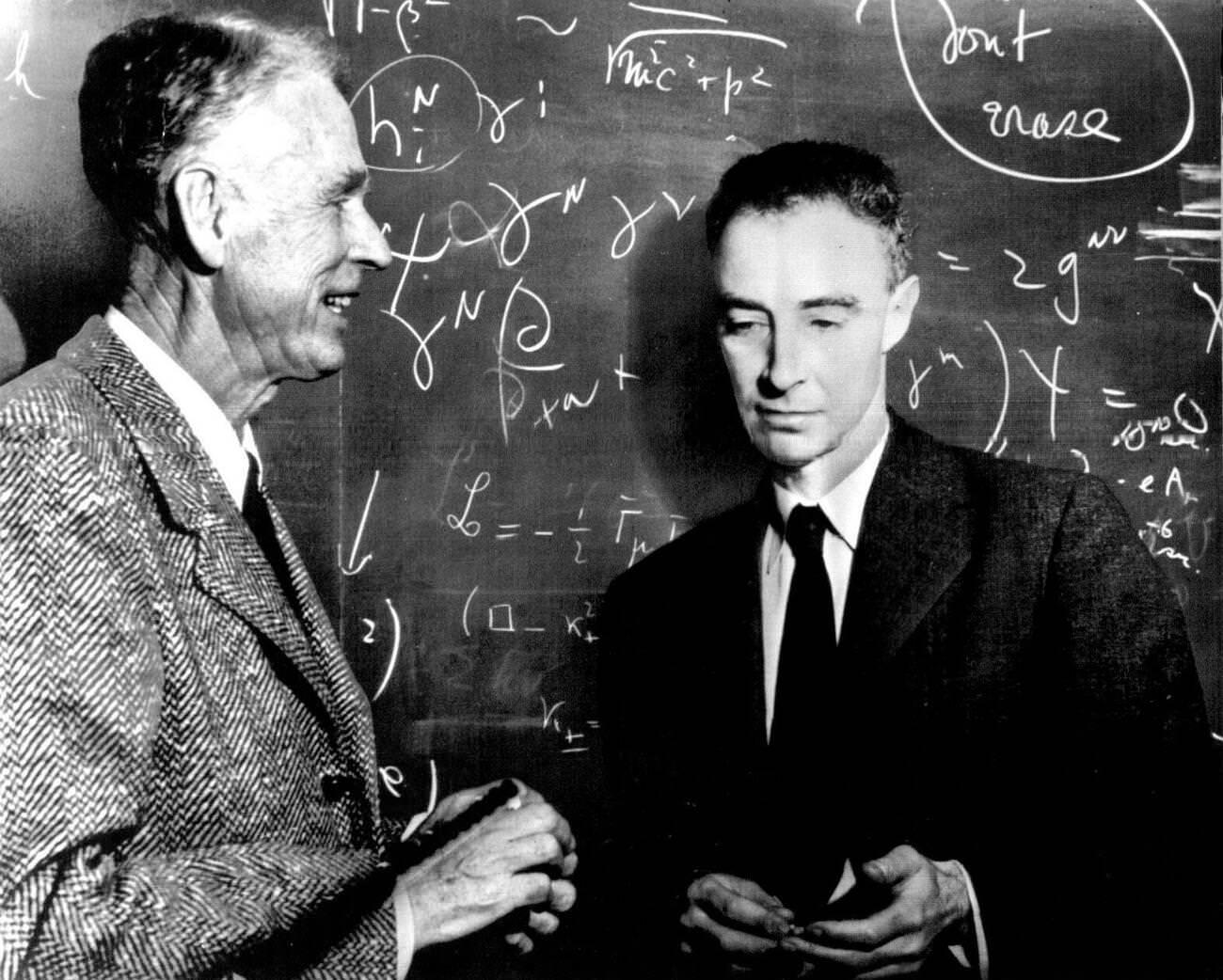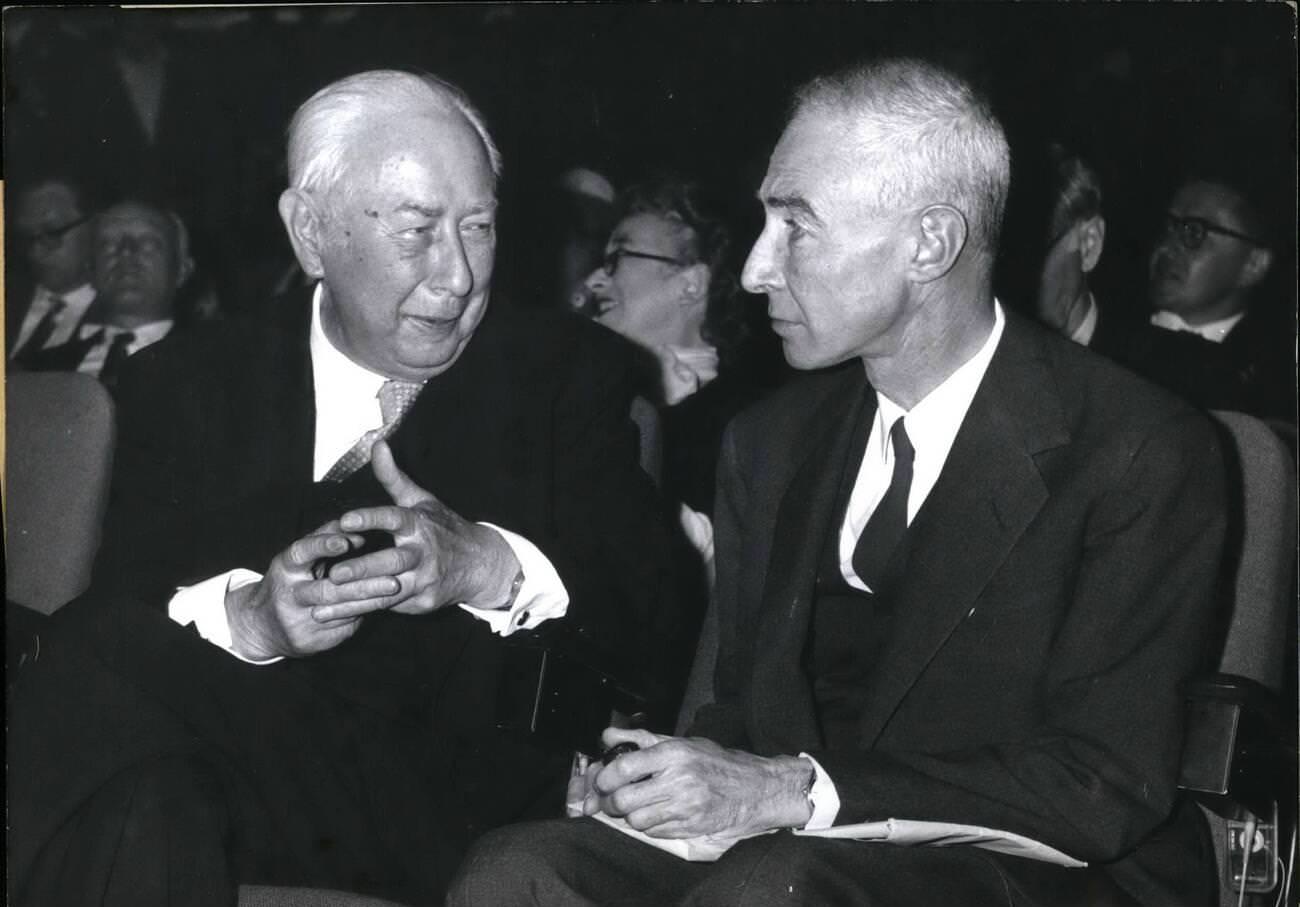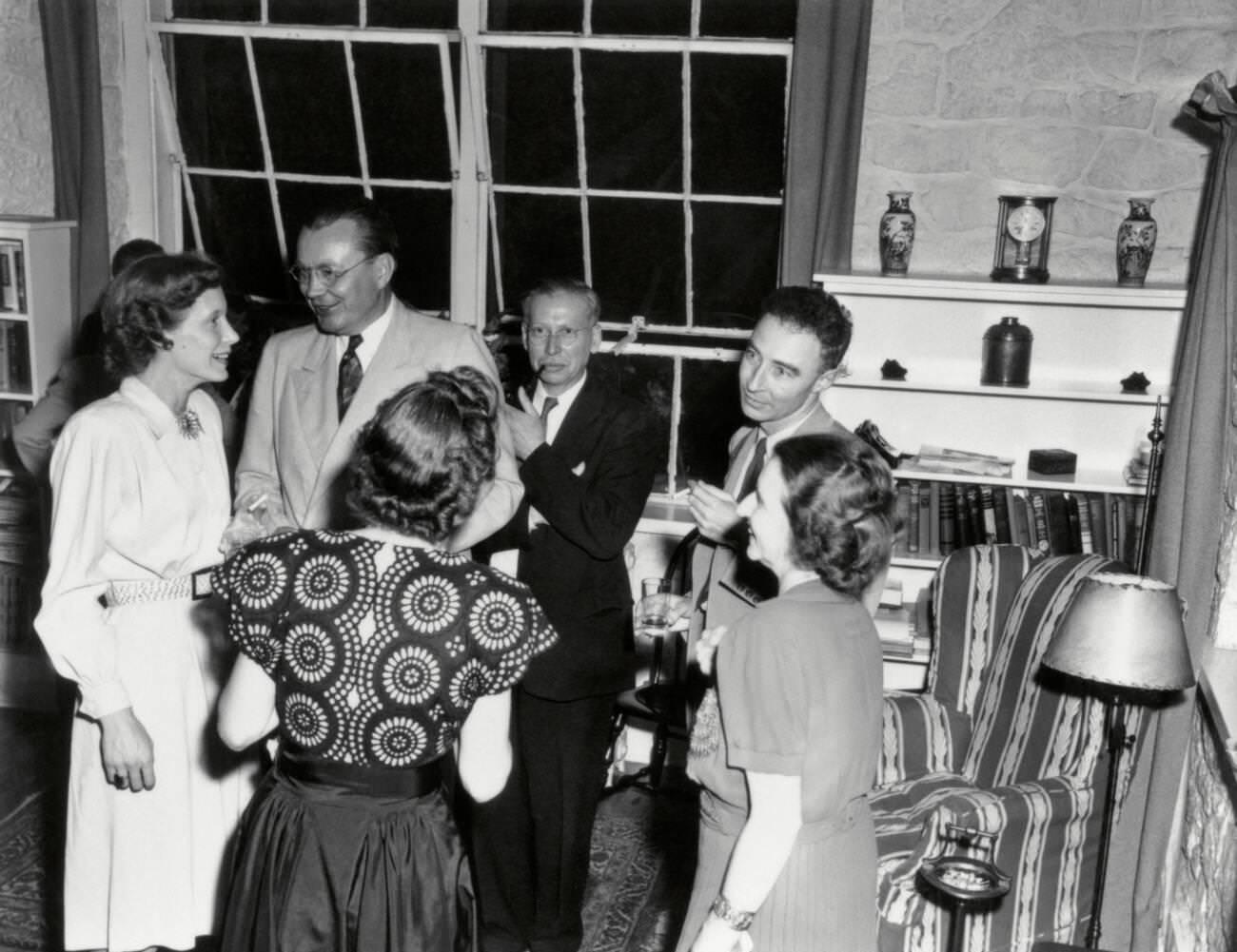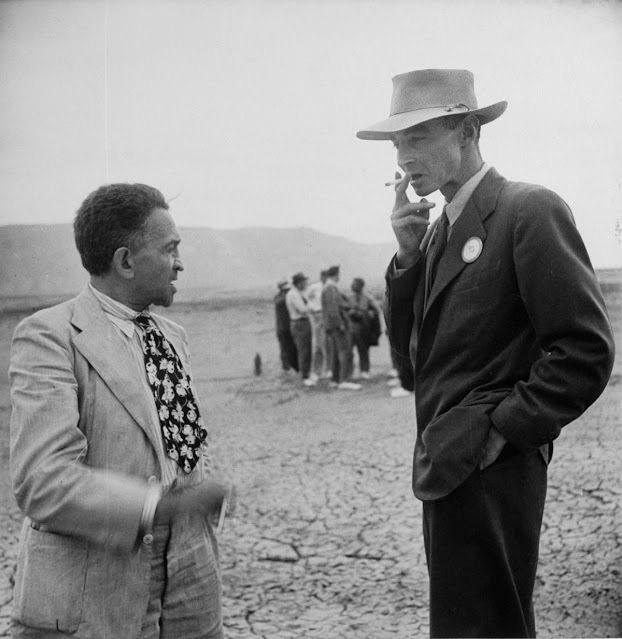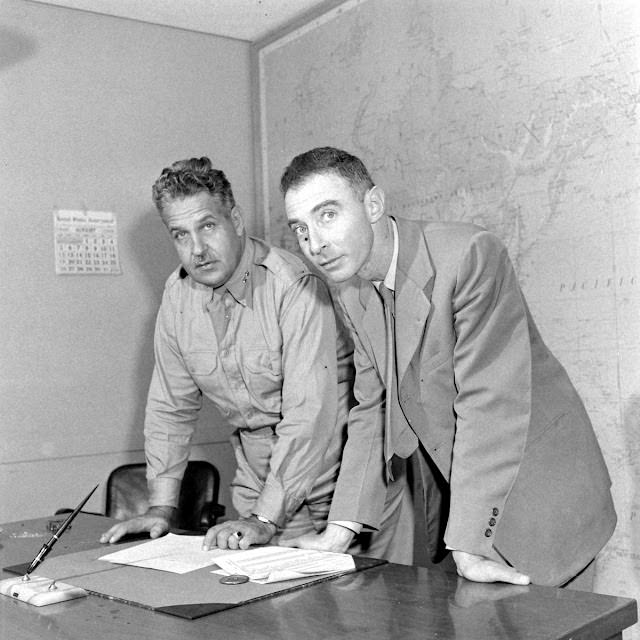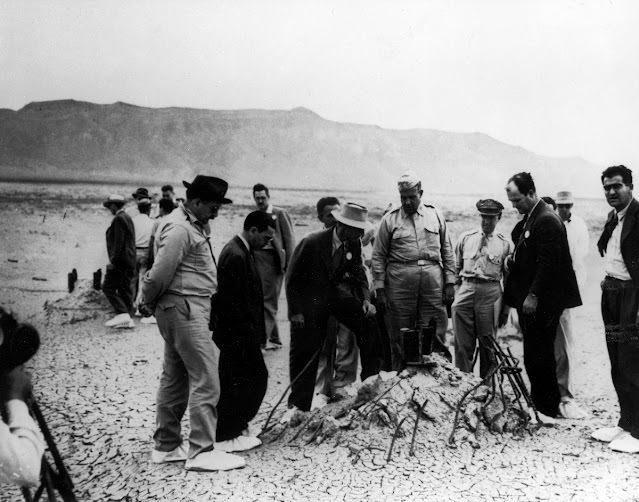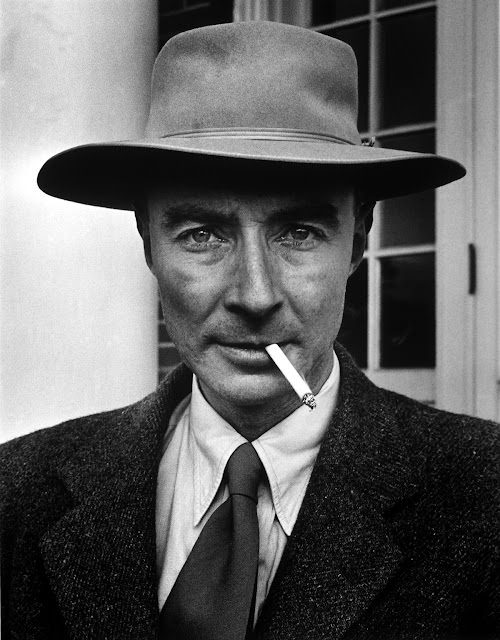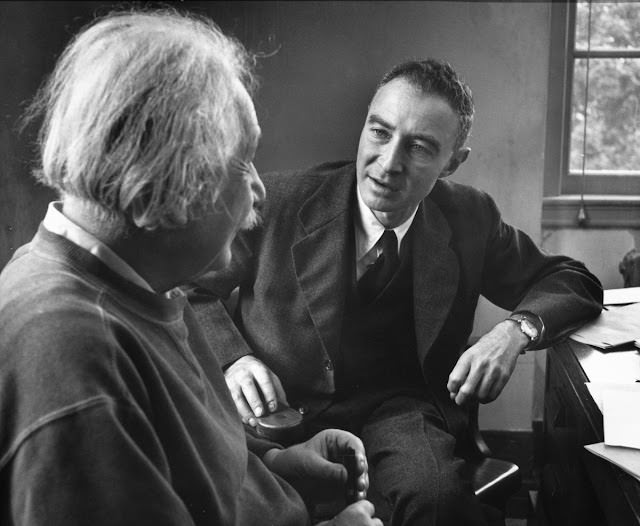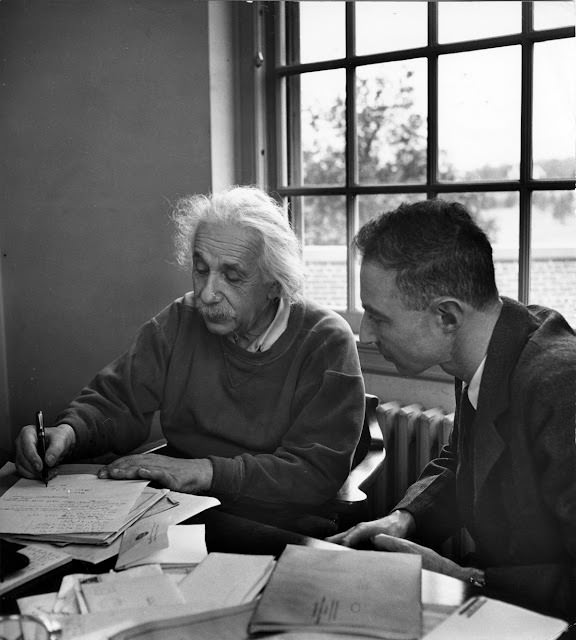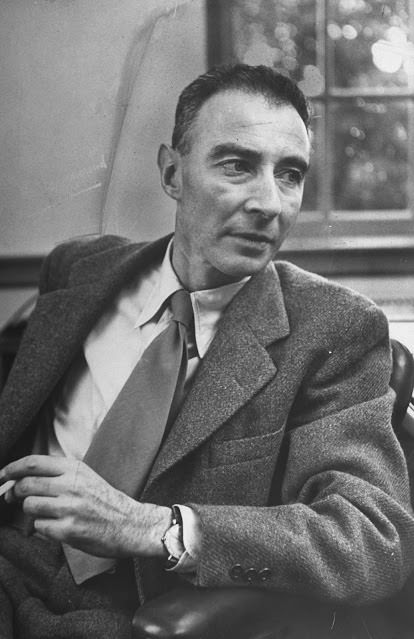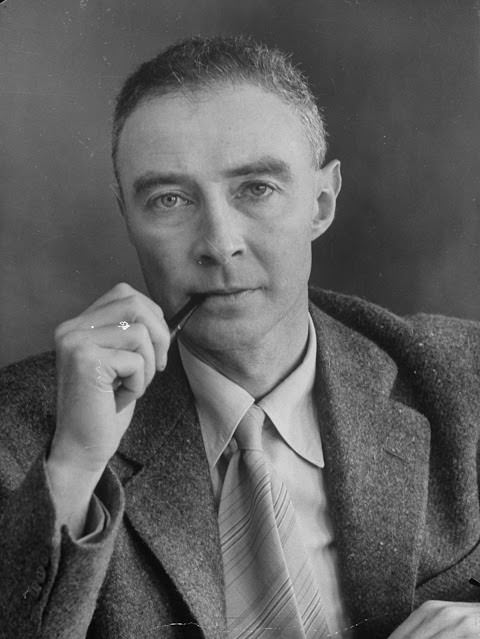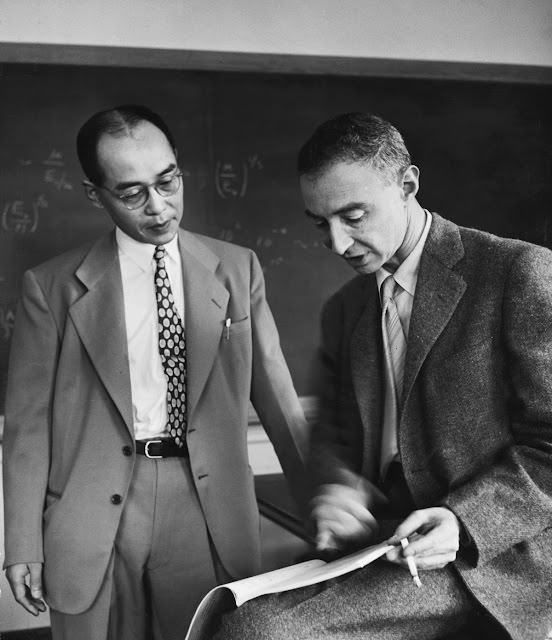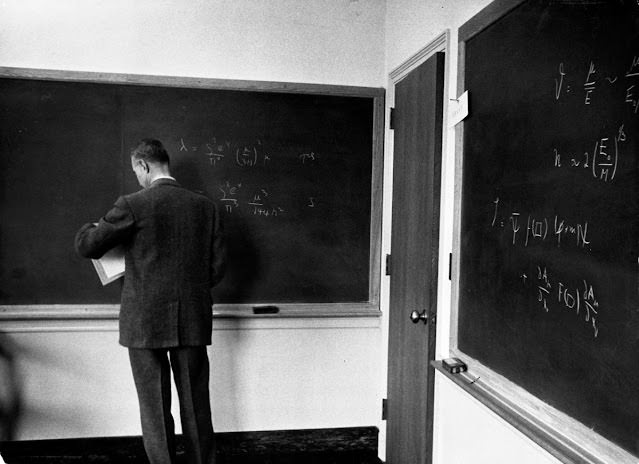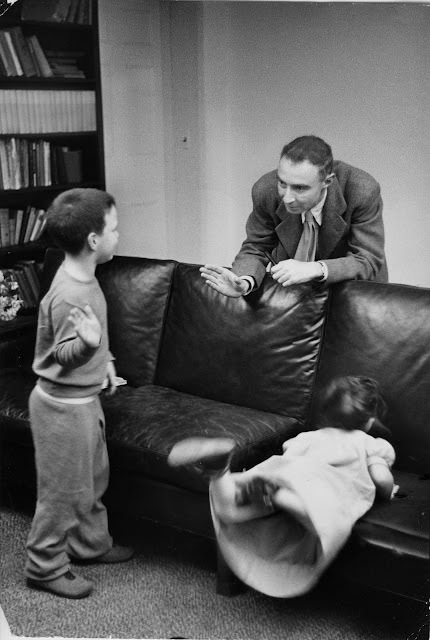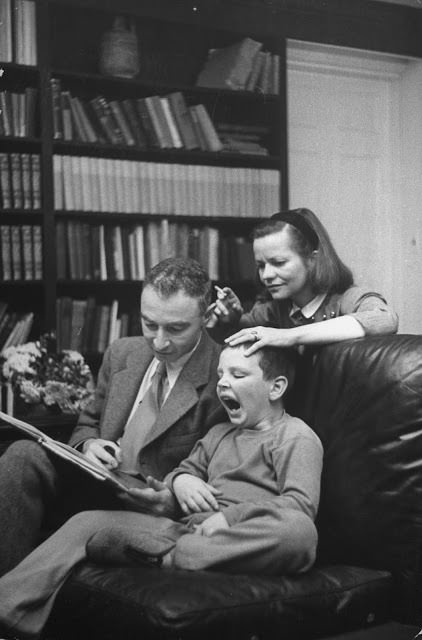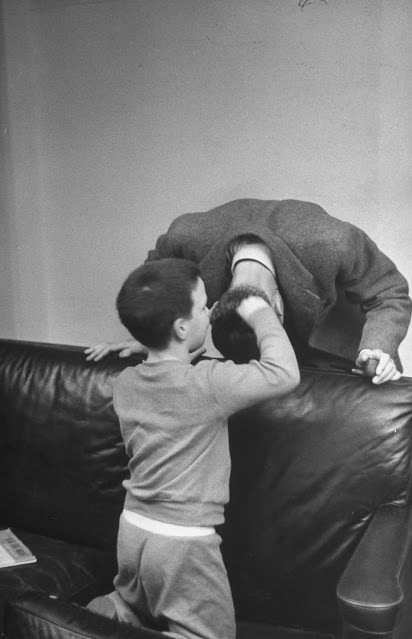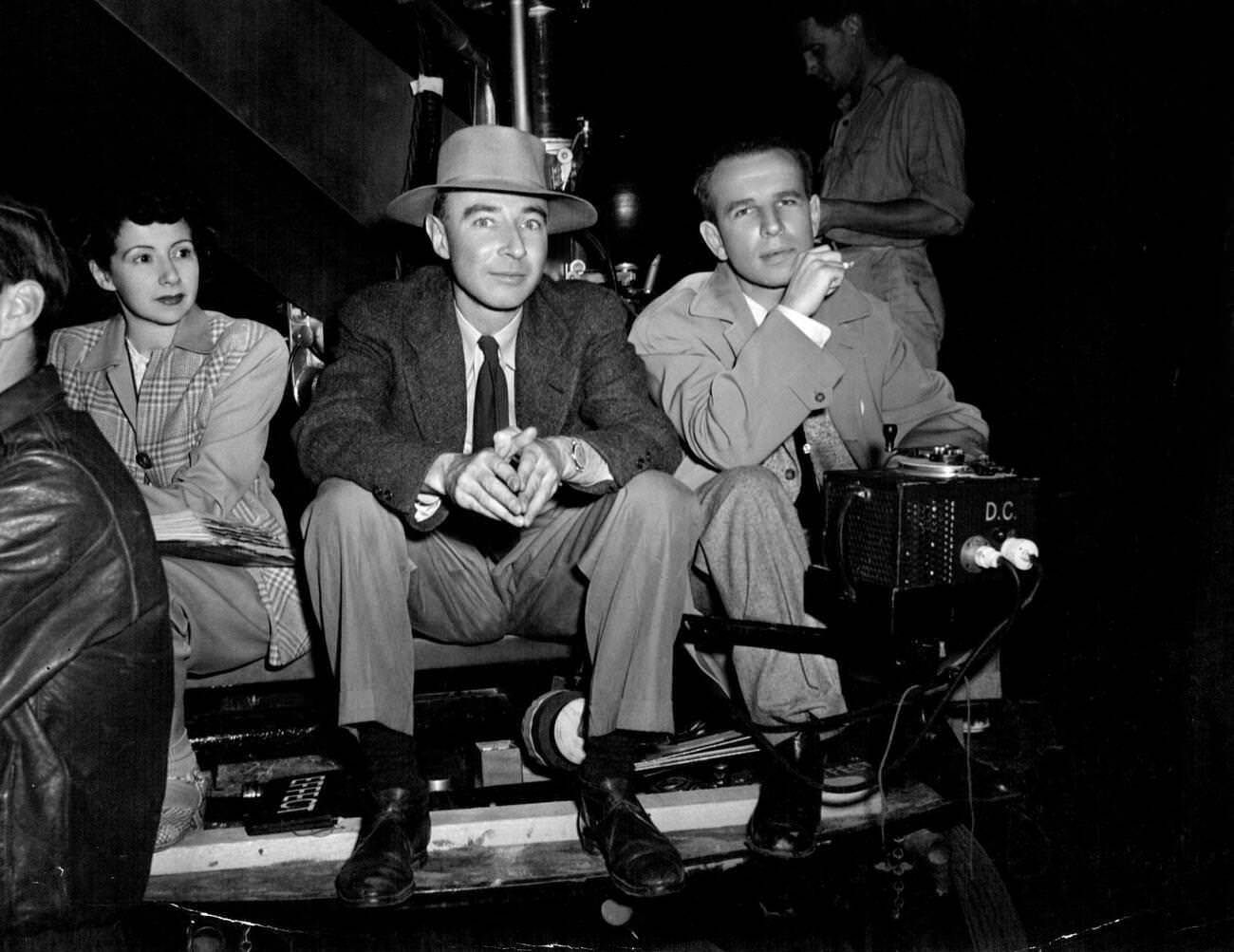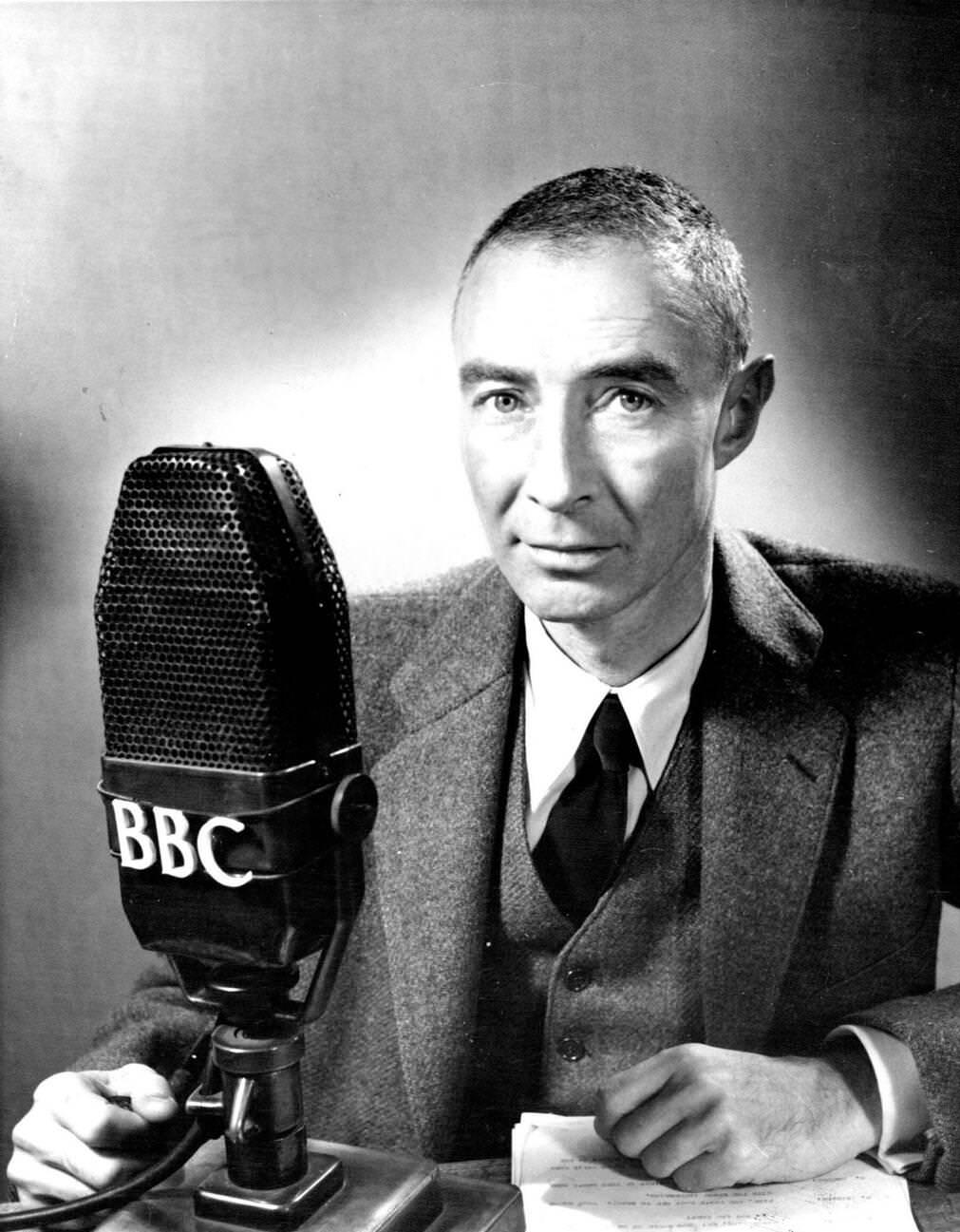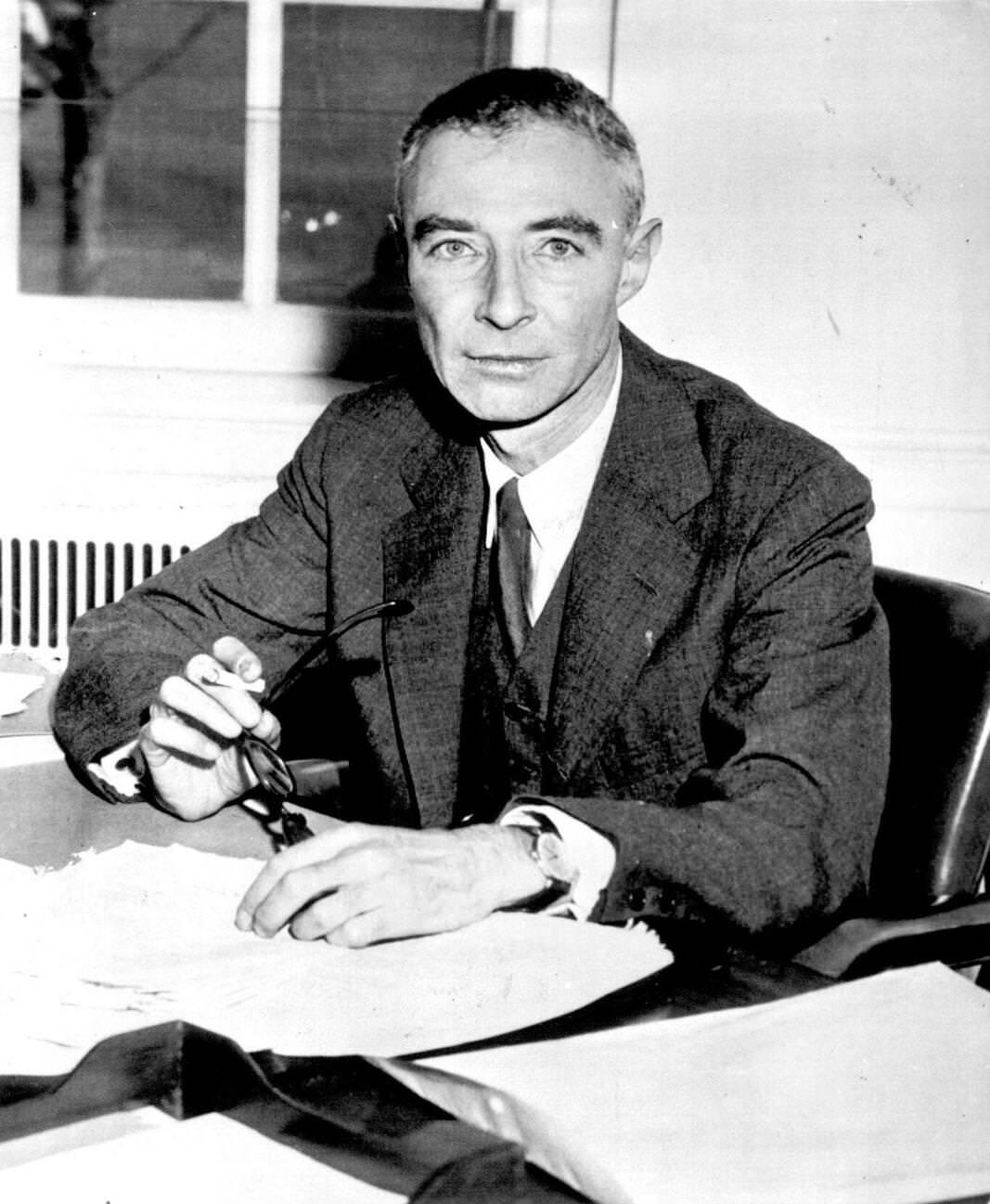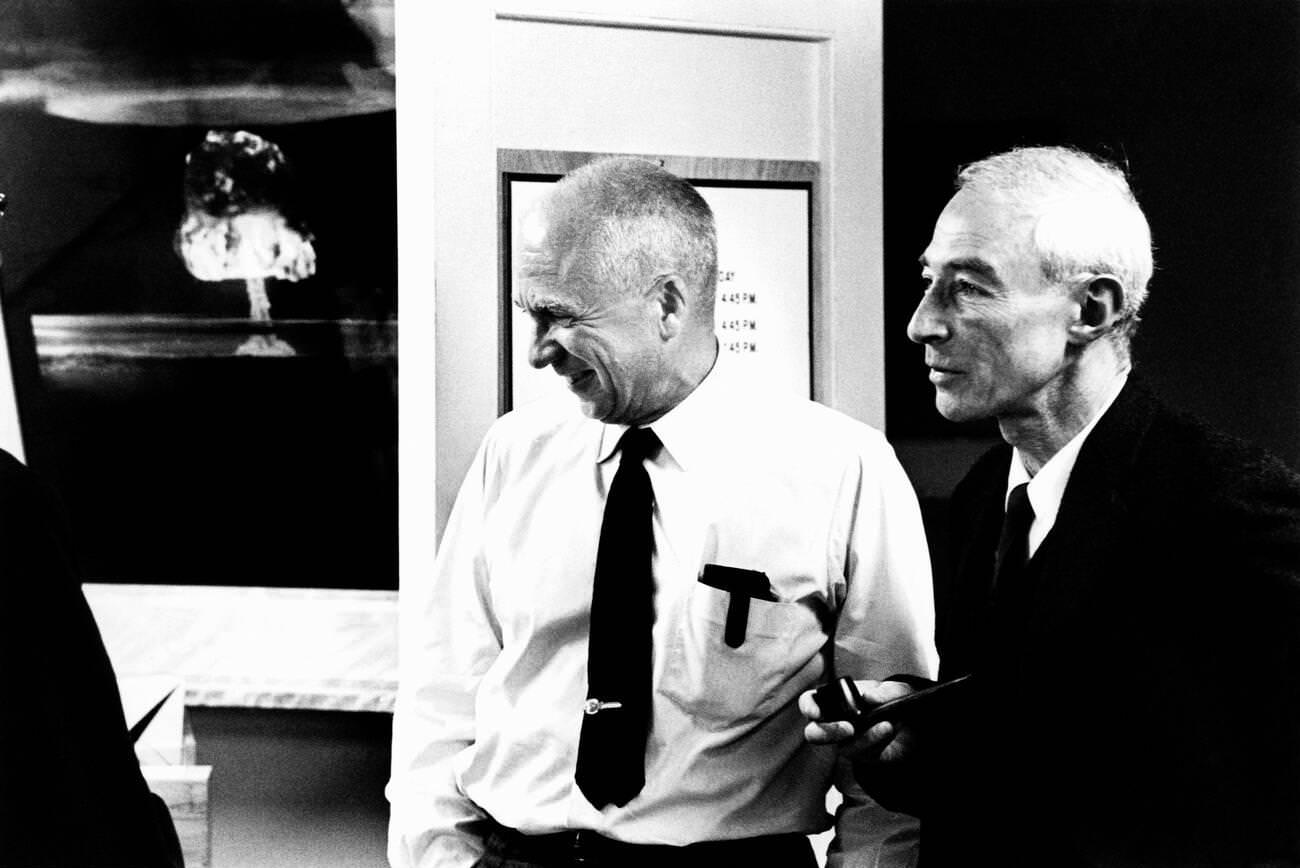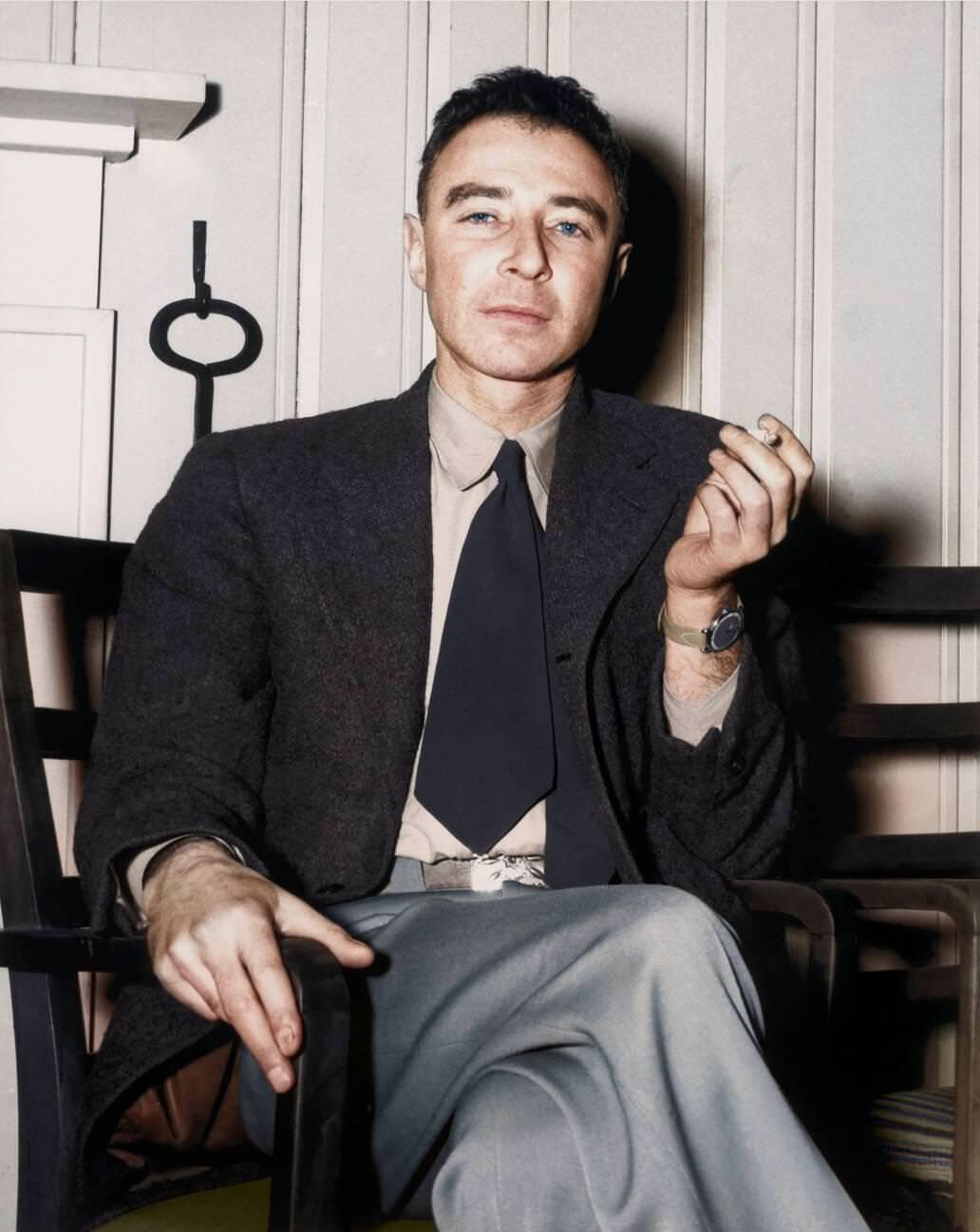J. Robert Oppenheimer, often referred to as the “Father of the Atomic Bomb,” is a figure synonymous with the Manhattan Project and the development of nuclear weapons. However, beyond his monumental scientific contributions, there lies the intricate chapter of his personal life. This blog post aims to explore the lesser-known aspects of Oppenheimer’s life, shedding light on the man behind the historical persona.
Early Life and Family Background
Born on April 22, 1904, in New York City, Julius Robert Oppenheimer grew up in a wealthy, cultured family. His father, Julius S. Oppenheimer, was a German immigrant who had made his fortune in the textile import business. His mother, Ella Friedman, was an artist and a member of the Ethical Culture Society, an influential group promoting secular humanist ideals. The affluent and intellectual environment of his upbringing played a significant role in shaping his early interests in literature, philosophy, and, eventually, physics.
Education and Early Academic Pursuits
Oppenheimer’s brilliance became evident early in his life. He attended the Ethical Culture Fieldston School, where he excelled academically. He later went on to study at Harvard University, graduating in just three years, and subsequently received a fellowship to attend Cambridge University for further studies. However, it was at the University of Göttingen in Germany where Oppenheimer found his true calling in theoretical physics, studying under some of the great minds of the time.
Personal Struggles and Complex Character
Despite his intellectual prowess, Oppenheimer’s personal life was marked by emotional and psychological struggles. He was known to be a complex character, often described as introspective and intense. His time at Cambridge was particularly challenging; he underwent a period of depression and even experienced a nervous breakdown, reflecting the immense pressure he placed on himself.
Marriage and Family Life
Oppenheimer’s personal life took a positive turn when he met Katherine “Kitty” Puening Harrison, a radical Berkeley student who had been previously married to two communist activists. They married in 1940, and their union, though often tumultuous, lasted until Oppenheimer’s death. The couple had two children, Peter and Toni, and despite his demanding career, Oppenheimer was known to be a devoted, if somewhat distant, father.
The Ethical Dilemma of the Manhattan Project
Leading the Manhattan Project during World War II was a pivotal point in Oppenheimer’s life. The ethical implications of creating a weapon of mass destruction weighed heavily on him. This inner conflict was a defining aspect of his personality and philosophical outlook, as he grappled with the moral consequences of his scientific endeavors.
Post-War Life and Political Affiliations
After the war, Oppenheimer became a chief advisor to the newly created United States Atomic Energy Commission. However, his earlier associations with left-wing groups and his outspoken opposition to the hydrogen bomb led to a security hearing in 1954, culminating in the revocation of his security clearance. This period was marked by personal anguish and professional isolation, deeply affecting Oppenheimer.
Later Years and Legacy
In his later years, Oppenheimer continued to contribute to physics and speak on issues of science and society. He became the director of the Institute for Advanced Study in Princeton, where he remained until his death in 1967. Despite the controversies, his legacy as a scientific genius and a complex, introspective individual endures.


